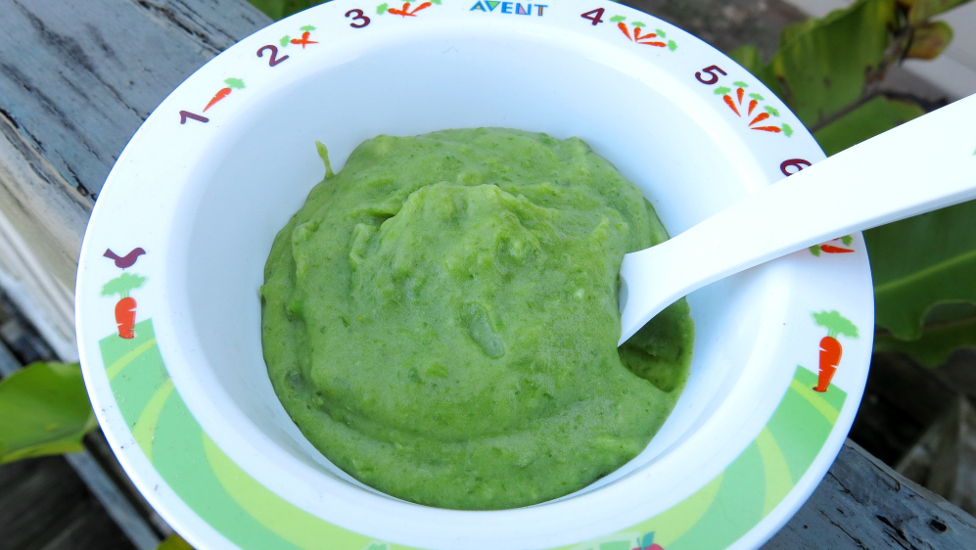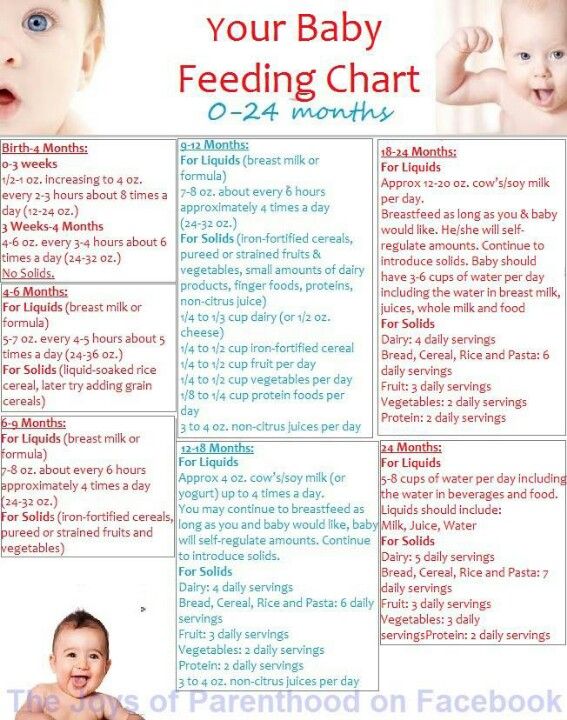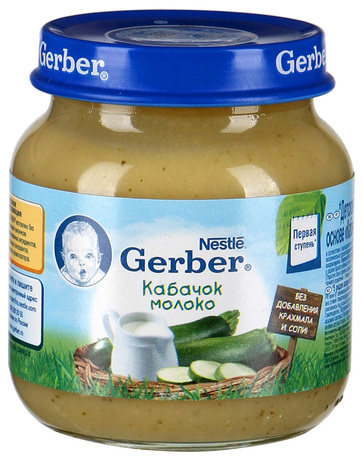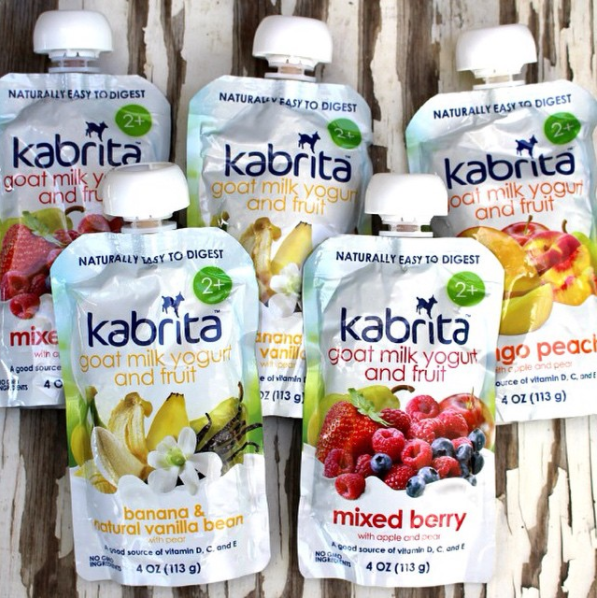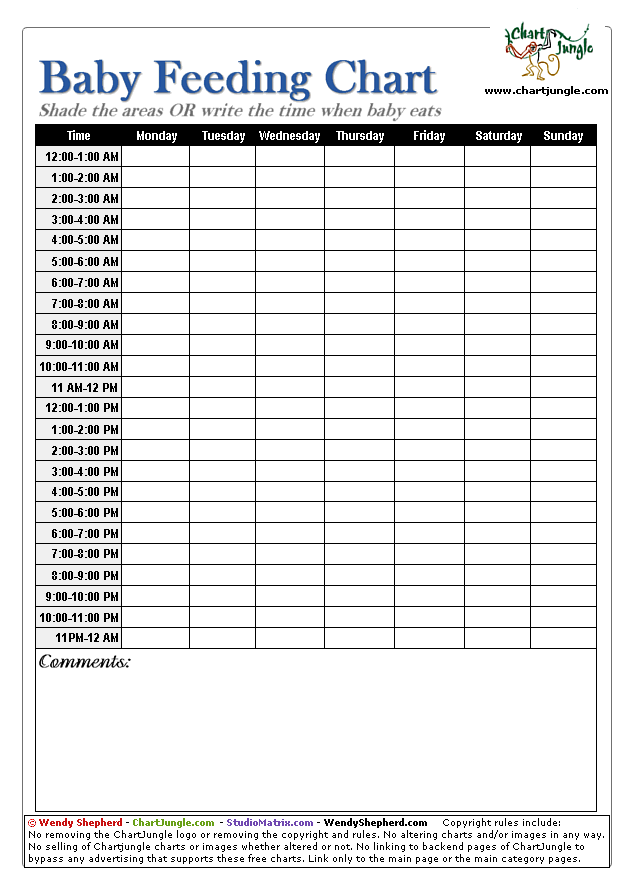Food that cause gas for babies
What You Can Do To Help Your Gassy Breastfed Baby
What are some common culprits behind your baby's gassiness? Learn the signs, foods that may cause gassiness in your baby, and how to soothe and relieve his or her symptoms.
Share this content
As a new parent, it can be stressful and upsetting to see and hear your baby cry. That’s especially true if you've checked off all the usual suspects— dirty diaper, empty belly, discomfort, or over-tiredness —and you still can’t seem to soothe your little one.
Gas is something that many newborns experience, and it can be painful for them! It isn't always the first thing that parents remember to consider, since it's not something easily visible.
Signs Your Breastfed Baby is Gassy
If you suspect excess gas could be the culprit causing your baby’s fussiness, there are several signs that may indicate you are correct:
- Burping. It’s possible your baby has swallowed too much air while nursing or crying for a long period.
- Spitting up. While spitting up is perfectly normal, gas that’s trapped in the stomach can push breast milk back up and cause your baby to spit up.
- Bloated tummy. This could be a sign that gas has built up in your baby’s stomach.
- Flatulence. Every baby toots, but if they’re doing so excessively, it could mean they have excess gas.
- Arched back, legs drawn toward the tummy. The discomfort from gas pains will make a baby try to adjust to alleviate it.
Gassy Baby Causes
Gas in a breastfed baby is not uncommon and can be attributed to several factors:
- Gulping while feeding. If your milk let-down reflex is strong, your baby may gulp your milk to keep up and swallow extra air in the process. If that’s the case, your little one may do better nursing in a more upright position, so he or she has better control over milk intake and flow.
- Introducing a bottle.
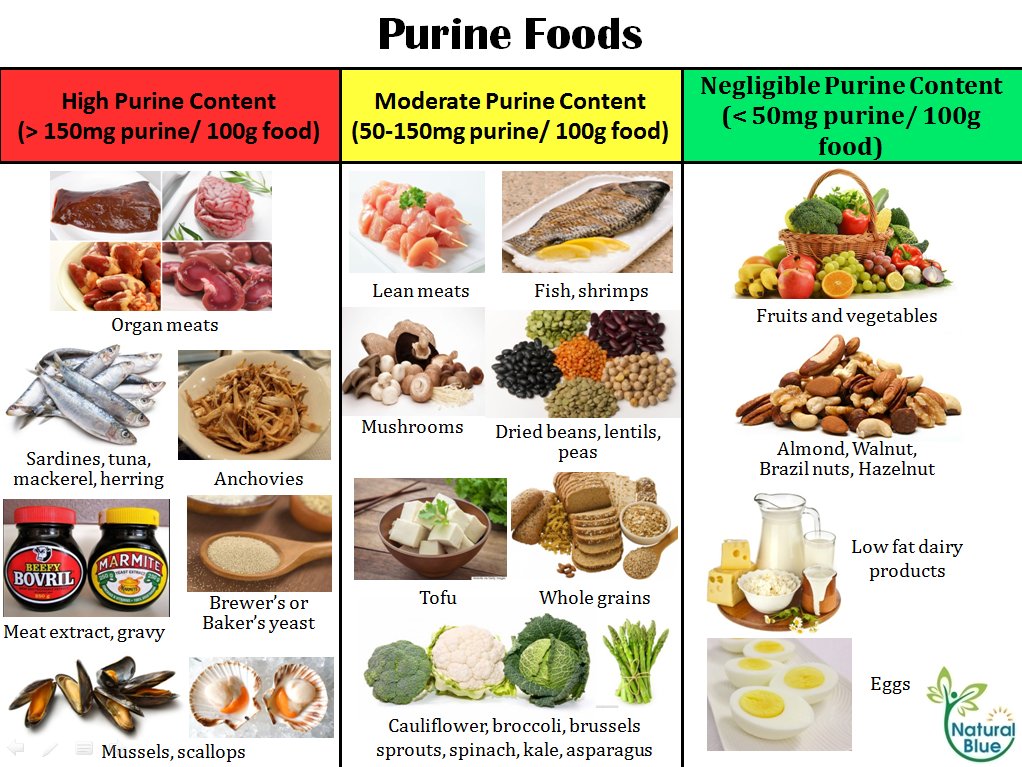 If your baby is used to the breast and you begin feeding with a bottle, it may take some getting used to at first. As a result, he or she may swallow too much air while eating.
If your baby is used to the breast and you begin feeding with a bottle, it may take some getting used to at first. As a result, he or she may swallow too much air while eating. - Constipation. When your baby is constipated, they may have gas trapped in their tummies that they’re having a hard time releasing.
- Crying. If your baby has been crying for a long time, they may be gulping in air in the process.
- Mom’s diet. Food that you’ve eaten can make your baby gassy as well. Certain foods such as dairy, soy or wheat may contribute to gassiness in your little one. Keep a food journal of what you eat to see if you can pinpoint the culprit in your diet.
Foods That Make Breastfed Babies Gassy
Though a baby’s gas is not commonly linked to mom’s diet, there are certain gas-inducing foods that could give both a breastfeeding mom and her baby gas. These include:
- Fiber. Foods like bran, beans, and whole grains.

- Fruit. Citrus fruits, prunes, plums, peaches, or apricots.
- Vegetables. Broccoli, cabbage, and Brussel sprouts.
- Garlic. Garlic-seasoned foods like pasta dishes or garlic bread.
- Dairy. Yogurt, ice cream, or milk products.
- Carbonated beverages. If they make you burp, they could make your baby gassy too.
It’s not necessary to give up all your favorite foods when pregnant and/or breastfeeding. Health experts recommend only making dietary changes if you see a direct connection between something you’ve eaten and your baby's gassiness.
Additionally, if you’re still breastfeeding after your little one begins solids or finger foods, it’s easier to detect what food might be the culprit and then eliminate it.
Relieving Gassy Babies
There are several effective ways to help relieve your baby’s gas pains and soothe them. Try a combination of these to find what works best for your little one.
- Burp twice. Try to coax two burps out of your baby instead of just one.
- Sit upright. Hold your baby in an upright position while burping. This makes it easier to expel gas.
- Tummy time. Laying your baby on their tummy will help to push gas out.
- Bicycle exercises. Put your baby on his or her back and move their legs in a pedaling motion, similar to cycling on a bike. This helps with constipation as well.
- Massage the tummy. A gentle massage can help move gas out.
- Adjust baby’s latch. Make sure your baby is latching correctly to avoid swallowing too much air.
Don't worry, mama - Gas is typically a normal occurrence and most babies experience gassiness from time to time! With some minor adjustments, you can soothe your little one and help them get through the discomfort of gas.
Foods that may cause gas in breastfed babies
When you breastfeed, the foods you eat also nourish your baby.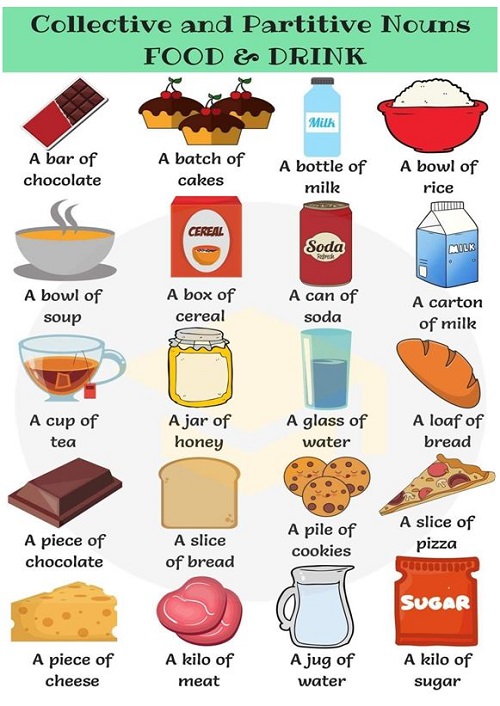 That means a well-balanced diet with plenty of fresh fruit, veggies, whole grains, healthy fats, and lean protein is good for both of you. Eating a range of different foods may even help your baby enjoy a wide variety of flavors for years to come.
That means a well-balanced diet with plenty of fresh fruit, veggies, whole grains, healthy fats, and lean protein is good for both of you. Eating a range of different foods may even help your baby enjoy a wide variety of flavors for years to come.
However, if you have a very fussy and gassy breastfed baby, you may wonder whether certain foods in your diet – especially those that tend to make you gassy – are to blame. Here's what you need to know about foods that may cause gas in breastfed babies.
Food sensitivities and gas in breastfed babies
Some moms swear that when they eat foods such as dairy products, broccoli, cabbage, bananas, eggs, or garlic, their babies are gassy and fussy for up to the next 24 hours. While there are few quality studies on the topic, the evidence suggests that a small number of babies may be sensitive to dairy products in a breastfeeding mother's diet, resulting in excessive gas.
The research on infant sensitivity to other foods is less clear – although you may find that symptoms such as gas and colic improve when you avoid eating certain foods that you've linked to stomach troubles in your baby.
Keep in mind that people of all ages get gas, no matter what they eat. Gas is simply a part of how the digestive process works. It happens when gut bacteria break down food in the intestine, as well as when you swallow air.
Infants tend to have more gas than older children and adults, and that's normal. Babies' immature digestive systems aren't yet efficient at breaking down the food they eat. Because they're still getting the hang of eating, they also swallow more air – and what goes in one end comes out the other. Plus, babies don't hesitate to let it rip when they're gassy.
If your breastfed baby doesn't seem bothered by gas, there's no need to adjust your diet. Usually, breastfeeding moms can eat a wide range of foods without problems. Foods to avoid when you're breastfeeding (or limit) typically include high-mercury fish, some herbs, alcohol, caffeine, and chocolate.
Food allergies in breastfed infants
A small number of breastfed babies – about 2 to 3 percent – have a true allergic reaction to a food in Mom's breast milk, usually a cow's milk allergy.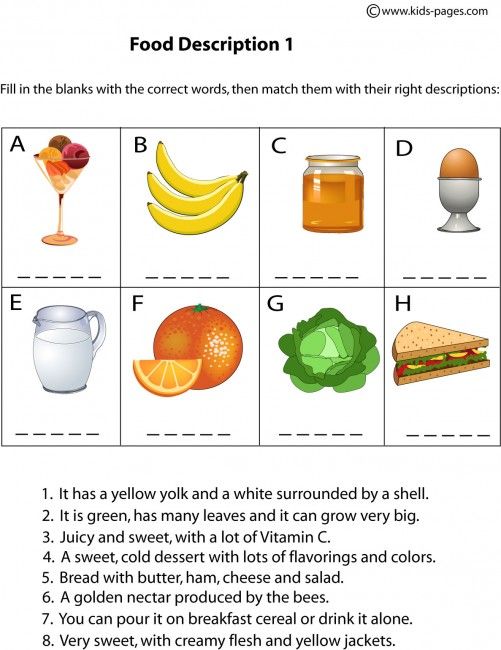
It's possible that other allergenic foods in a breastfeeding mom's diet – such as eggs, wheat, fish, peanuts, and other nuts – could cause an allergic reaction in babies, although there's not much quality evidence.
Advertisement | page continues below
Babies with a food allergy usually have not only gas but severe colic, skin rashes, vomiting, diarrhea, or difficulty breathing that lasts a few hours after they eat. If you notice any of these symptoms in your baby, call your doctor right away, since severe food allergies can be life-threatening.
If anyone in your close family has a food allergy, talk to your doctor about whether it's a good idea to avoid certain foods while breastfeeding.
Foods that may cause gas in breastfed babies
The most likely culprit for a gassy breastfed baby is dairy products in your diet, which include:
- milk
- cheese
- yogurt
- pudding
- ice cream
- any prepared food that contains milk products, casein, whey, or sodium caseinate
Other potentially allergenic foods – including eggs, wheat, peanuts, soy, fish, and tree nuts – might cause gas and other symptoms. However, the few studies that have been done have come to conflicting conclusions. There's no guarantee that eliminating these foods from your diet will help with your baby's gas.
However, the few studies that have been done have come to conflicting conclusions. There's no guarantee that eliminating these foods from your diet will help with your baby's gas.
Anecdotally, some moms say other foods that commonly cause gas in adults, such as broccoli, cabbage, beans, cauliflower, garlic, or spicy foods, make their breastfed babies gassy or irritable. You may find that your baby's gas improves when you eliminate a suspect food from your diet.
Does broccoli cause gas?
Some people get more gas when they eat cruciferous vegetables, including broccoli. This is because the stomach and small intestine don't entirely digest certain carbohydrates, notably fiber, found in broccoli. When these carbs reach the large intestine, they get digested by gut bacteria that in turn produce gas.
Just because broccoli causes gas in you, however, doesn't mean it necessarily will in your breastfeeding baby – so there's no reason to avoid it just in case. The fiber that causes gas in you doesn't pass into your breast milk. And there's no good evidence suggesting that cutting broccoli out of your diet will reduce gas and fussiness in your baby.
And there's no good evidence suggesting that cutting broccoli out of your diet will reduce gas and fussiness in your baby.
That said, some moms have linked broccoli to gas in their babies. If you do notice that your baby seems gassier and fussy every time you eat broccoli, you may want to try eliminating it from your diet to see if your baby's gas improves.
Know that once your baby starts eating solids, they may have gas when you feed them broccoli for the same reason you do. Nevertheless, it's a good idea to expose your baby to many flavors, including broccoli, as often as possible when they're little. That way they'll learn to enjoy these healthy foods at a young age. Start with very small portions and gradually increase the amount you serve, which helps reduce or even eliminate noticeable gas problems for many people.
Does cabbage give you gas?
Cabbage is another high-fiber cruciferous vegetable that can cause gas in adults and babies who eat solids. Again, the fiber reaches the large intestine intact, where it's broken down by naturally-occurring gut bacteria that produce gas.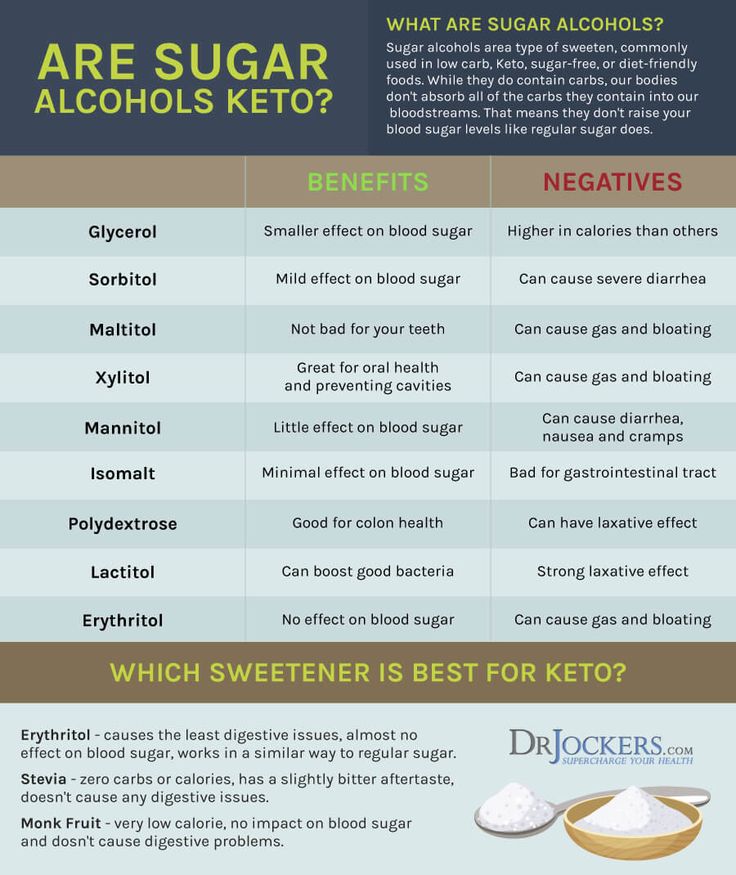
Just as with broccoli, there's no reason to systematically avoid cabbage while you're breastfeeding just because it gives you gas. But if your baby seems gassy and fussy every time you eat cabbage, you may want to avoid it to see if your baby's stomach troubles improve.
Do bananas cause gas?
Fruits including bananas, apples, peaches, pears, and dried fruits can cause excessive gas, especially in people with gastrointestinal (GI) disorders including irritable bowel syndrome (IBS). That's because these fruits contain fructose, a type of sugar their GI systems poorly digest. Fruits with high-fiber skin, like apples and pears, tend to cause more gas than bananas.
Research shows that fructose can pass through breast milk. And children can have IBS, especially if a parent has the condition. IBS causes other symptoms beyond gas, including abdominal pain as well as constipation and/or diarrhea. If your baby has these symptoms and you're concerned it's IBS, talk to their doctor.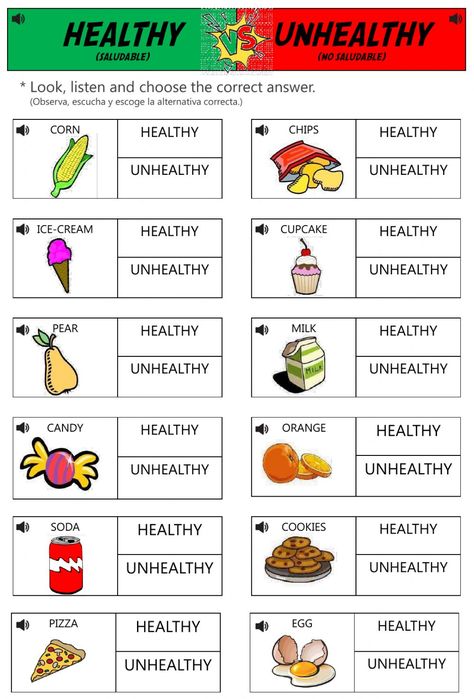 They may suggest an elimination diet for you and possibly probiotic drops for your baby.
They may suggest an elimination diet for you and possibly probiotic drops for your baby.
Do eggs cause gas?
Eggs are actually less likely to cause gas than many other foods. However, when they do, the gas tends to be stinky.
Egg allergies, on the other hand, are one of the most common food allergies in children and can occur as early as infancy. Children who are allergic to eggs have other symptoms, including skin rashes, nausea, vomiting, diarrhea, or trouble breathing, in the hours after eating.
Research suggests that breastfed infants are unlikely to experience food allergies from allergenic foods that their moms eat. But if you think your baby has a food allergy – and especially if they have any other symptoms after you eat eggs or other allergenic foods – talk to their doctor.
Does garlic make babies gassy?
Garlic commonly causes gas for people with IBS and small intestinal bacterial overgrowth (SIBO). It's a high-FODMAP food, meaning it contains certain sugars – in this case, fructans – that people with these conditions have a hard time digesting, causing gas and other GI symptoms like constipation and diarrhea.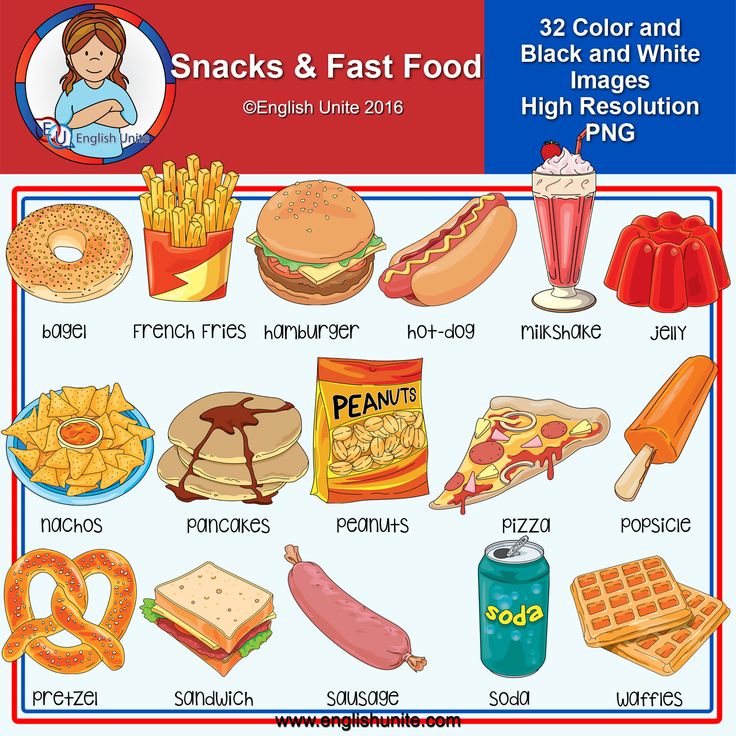
There's no evidence proving that the gas-causing properties of garlic make it into your breast milk. But you may want to consider eliminating garlic from your diet if it seems to cause tummy troubles in your baby.
Strong flavors like garlic can make your breast milk taste and smell different, although this usually doesn't make babies fussier. In fact, research has found that babies whose moms eat garlic extract tend to feed for longer and prefer more flavors in breast milk, which may ease the transition to solid foods.
What to do if your breastfed baby is gassy
For the most part, baby gas isn't something to be concerned about. In the vast majority of cases, a little gas is completely normal and doesn't bother most babies. Chances are you can eat what you want without upsetting your baby's tummy.
However, you may want to try one of the following tactics if your gassy breastfed baby seems to be uncomfortable or colicky, cries for no discernable reason, or consistently has a challenging witching hour.
Check for latching problems
Many newborns struggle to find a good breastfeeding latch. If your baby isn't latching on well, they'll swallow more air, resulting in gas. A poor latch may also make your nipples sore, bruised, red, or cracked. If you think your baby might not be latching properly, talk to their doctor and consider visiting a lactation consultant.
Manage oversupply
If you have an abundance of milk, your baby may be suffering from lactose overload. This happens if your baby gets a lot of foremilk, which has lots of lactose, and less hindmilk, which is high in fat to slow the digestive process. As a result, the enzyme in your baby's system that digests lactose becomes overwhelmed and can't do its job. Babies with lactose overload may also be fussy at feedings and have loose, green, explosive stools.
To ensure your baby is getting enough fatty hindmilk, allow your baby to nurse for as long as they want on the first breast. Your baby may only nurse a little – or possibly not at all – on the second breast.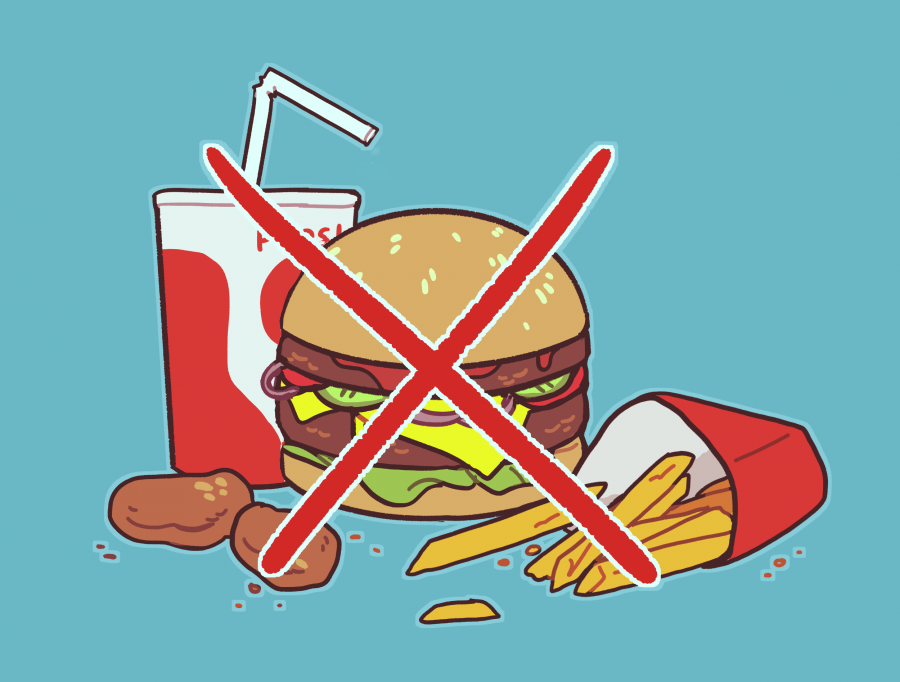 It's a good idea to talk to a lactation consultant to make sure oversupply is the problem before you try nursing on only one side, so you don't inadvertently cause your milk supply to drop.
It's a good idea to talk to a lactation consultant to make sure oversupply is the problem before you try nursing on only one side, so you don't inadvertently cause your milk supply to drop.
Keep the air out
The more air your baby swallows during feedings, the gassier they'll be. Try to feed your baby before they start crying, because babies swallow air when they're upset. Also burp your baby after (and even during) every feeding.
Talk to your pediatrician about probiotics
Gas is partly a byproduct of certain bacteria in the intestines. Some evidence suggests that giving breastfed babies probiotics to feed healthy bacteria in the gut can help ease colic (which is commonly thought to be linked to gas). Talk to your doctor about whether it might be helpful to give your baby infant probiotic drops.
Try an elimination diet
Still concerned that your baby might have a food sensitivity? You don't need to severely limit your diet (which can lead to nutritional deficiencies, especially when you're breastfeeding) or avoid all foods that are gas-forming for you.
Instead, take notes on your diet and your baby's gassiness and look for patterns. Then eliminate one potentially problematic food at a time for two to three weeks to see what happens. If your baby is sensitive to that food, you should see an improvement within a week. (Though babies with true food allergies will need at least a month for symptoms to resolve.) After a week, try the food again to see how your baby responds.
If you decide to eliminate one or more foods from your diet, talk to a registered dietician and/or a lactation consultant. They can evaluate the situation and help ensure you're meeting your nutritional needs. In most cases, you should be able to return to your normal diet when your baby is around 6 months of age.
Top 7 Foods That Cause Gas and Bloating
Bloating and gas are more likely to be diet related. Knowing the products that cause flatulence helps to correct the situation. We have compiled a list of such foods and tips on how to use them correctly to reduce unwanted symptoms.
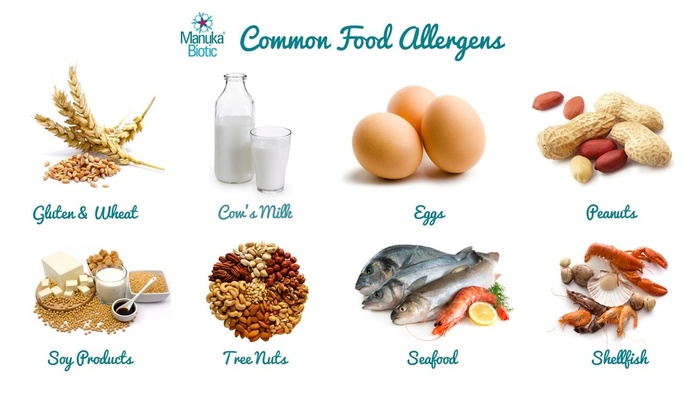
Gas in a healthy person occurs on average 5-15 times a day. But it happens that the number of such episodes increases, causing bloating, or gases acquire a sharp unpleasant odor. This causes discomfort to many people, especially if accompanied by painful sensations. nine0006
Excessive gas formation is more often associated with nutrition.
Foods high in dietary fiber are more likely to cause gas. Vegetables and legumes, for example, are an important food source for good gut bacteria.
Microorganisms, in turn, process the fibers into useful substances - vitamins and butyric acid. But at the same time, as a side effect, some bacteria emit gases.
Bacteria like Desulfovibrio and Desulfobulbus produce hydrogen sulfide from the amino acids found in food. For this reason, gases can smell like rotten eggs or cabbage. nine0006
Bloating and gas can also be caused by gastrointestinal disorders such as irritable bowel syndrome (IBS) and lactose and gluten intolerance.
Content:
- 1. Legumes
- 2. Cruciferous
- 3. Milk and dairy products
- 4. Gluten products
- 5. Products with prebiotic inulin
- 6. High protein foods
- 7. Artificial sweeteners
Legumes
Photo by Shelley Pauls / UnsplashBeans, lentils, chickpeas, peas and other legumes contain dietary fiber that the human body cannot break down on its own. But the intestinal bacteria do an excellent job with this task and love these products very much, but, splitting the fibers, they release gases, which can cause bloating.
Bacteria produce more gases in some people than in others. If you add a lot of plant fibers to your diet, including legumes, it will cause bloating and gas. But with regular use of these products, the side effect becomes less pronounced. That is why when switching to veganism or vegetarianism, bloating and increased gas formation are often observed.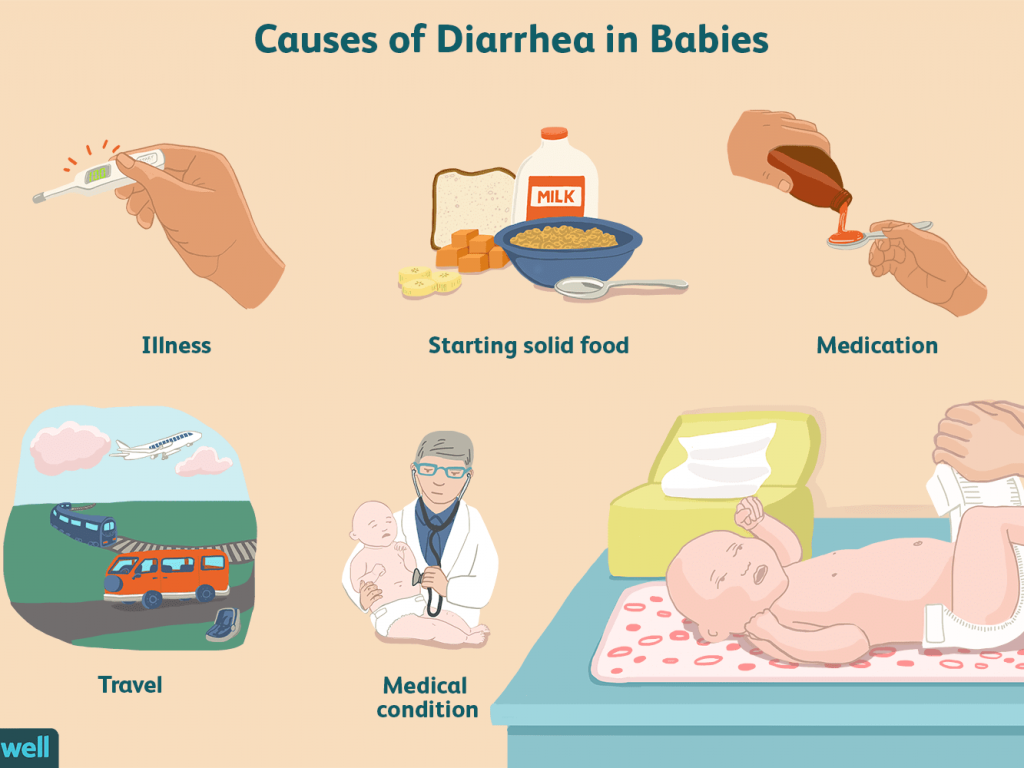 nine0006
nine0006
People with irritable bowel syndrome (IBS) are more susceptible to discomfort caused by bloating. Therefore, some nutritionists recommend a diet low in GOS fiber and fructans, including legumes.
Tip: If your diet is low on legumes, introduce them gradually. To get started, you can add some lentils or a few beans to a salad, or spread some hummus on a sandwich. So you can avoid increased gas formation. nine0017
Cruciferous
Photo by Christophe Dion / UnsplashCruciferous vegetables like broccoli and cauliflower are common foods that are associated with bloating and gas. During cooking and chewing, these plants release glucosinolates, sulfur-containing organic compounds.
Research shows that many gut bacteria convert glucosinolates to sulfates and ferrous ions during the fermentation process. nine0054 In the future, these substances can turn into hydrogen sulfide, due to which the gases acquire an unpleasant odor.
Adding a lot of fiber to the diet abruptly will cause bloating and gas.

On the one hand, glucosinolates feed the probiotic bacteria that naturally inhabit the human gut. These bacteria include Lactobacillus and Bifidobacterium.
On the other hand, intestines with too many sulfate-reducing bacteria like Desulfovibrio , can increase the production of hydrogen sulfide, which causes a particularly unpleasant odour.
With the Atlas Microbiota Test, you can evaluate the abundance of Desulfovibrio bacteria in your gut, which is responsible for producing hydrogen sulfide.
Milk and Dairy Products
Photo by Anita Jankovic / UnsplashIn lactose intolerance, milk and dairy products produce foul-smelling gases. Lactose is a sugar found in milk, and the enzyme lactase is responsible for its breakdown. nine0055
When the body does not produce enough lactase, dairy products can cause diarrhea, abdominal pain, and severe flatulence within 30 minutes to two hours of consumption.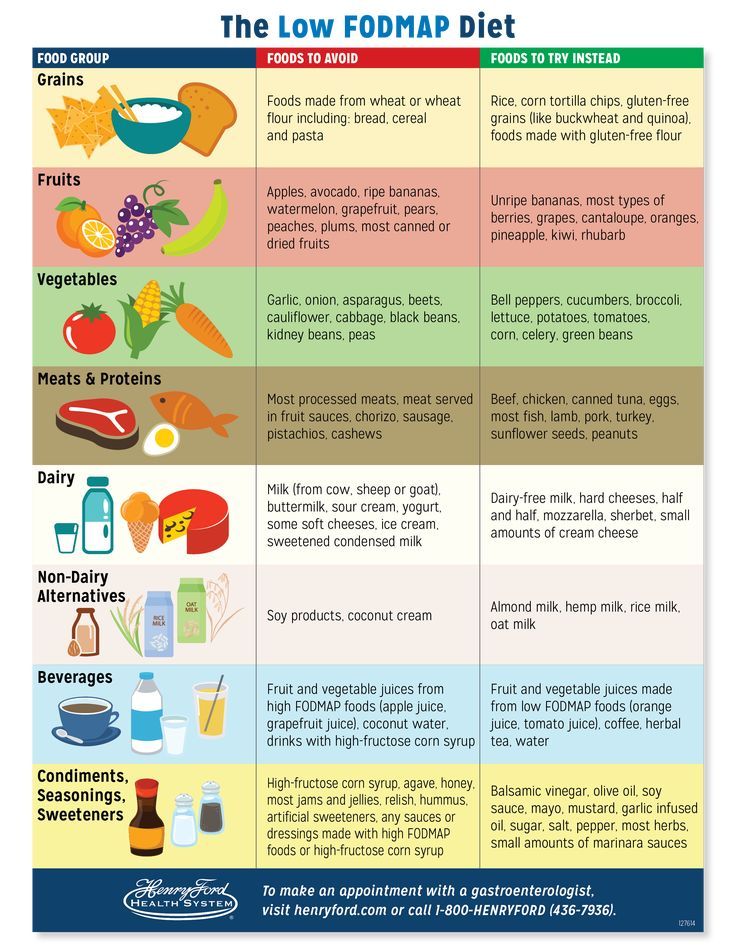
Flatulence - bloating of the abdomen due to the accumulation of gases.
Probiotic intestinal bacteria like Lactobacillus are able to process and absorb lactose. Their high content in the microbiota may reduce the symptoms of intolerance, especially in people whose diets are high in galactooligosaccharides (GOS). nine0006
GOS - dietary fiber found in legumes, some nuts like cashews, soy milk from whole soy beans.
Products containing gluten
Photo by Angelo Pantazis / UnsplashWheat, barley, rye and their products contain gluten. This is a protein that causes increased gas in people with celiac disease - gluten intolerance. If gluten enters the gastrointestinal tract of a person with celiac disease, it causes an autoimmune reaction, which is accompanied by bloating and pain in the abdomen, as well as diarrhea. nine0006
Gluten sensitivity without celiac disease is another gluten-related condition.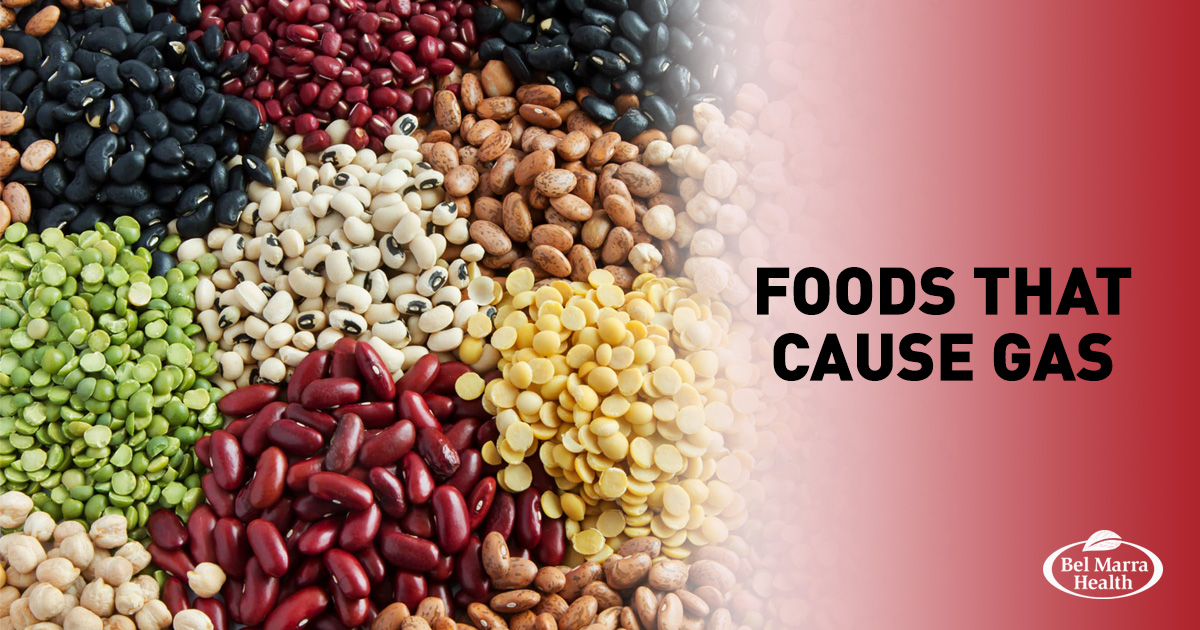 Protein from grains causes increased gas production, but without damage to the intestines. Research shows that certain gut bacteria break down gluten into particles that cause an immune system response, which may be one reason for these side effects.
Protein from grains causes increased gas production, but without damage to the intestines. Research shows that certain gut bacteria break down gluten into particles that cause an immune system response, which may be one reason for these side effects.
The only way to reduce your immune system's response to foods with gluten is to eliminate them from your diet.
Despite the popularity of gluten-free diets, you should be very careful with them. The symptoms of celiac disease are similar to those of other diseases and inflammations of the gastrointestinal tract, therefore, whole food groups can be excluded from the diet only at the direction of a doctor and under his supervision. nine0006
Abruptly cutting out grains can lead to nutritional deficiencies and imbalances in the microbiota. And this can even exacerbate the problem of increased gas formation. Always check with your doctor or dietitian before making major changes to your diet.
The Atlas genetic test will help you find out if you have a genetic predisposition to lactose and gluten intolerance.
High protein diets
Photo by Viktor Talashuk / UnsplashHigh-protein diets are dominated by beef, eggs, pork, fish and poultry. These products contain a lot of sulfur which, as a result of fermentation by bacteria, turns into hydrogen sulfide, causing severe bloating and gases with an unpleasant odor.
Protein Supplements - Protein powders and bars may contain ingredients that cause excessive bloating and gas. These are low calorie sweeteners : sorbitol, mannitol, lactitol, xylitol and food additives that cause flatulence. nine0006
Inulin is also often used as a source of fiber in protein bars, during the fermentation of which bacteria emit a lot of gases.
Many protein shakes are made with whey milk, which can cause bloating and gas in people with lactose intolerance.
Products containing the prebiotic inulin
Photo by Burhan Rexhepi / Unsplash Inulin is a plant fiber and one of the good gut bacteria's favorite treats.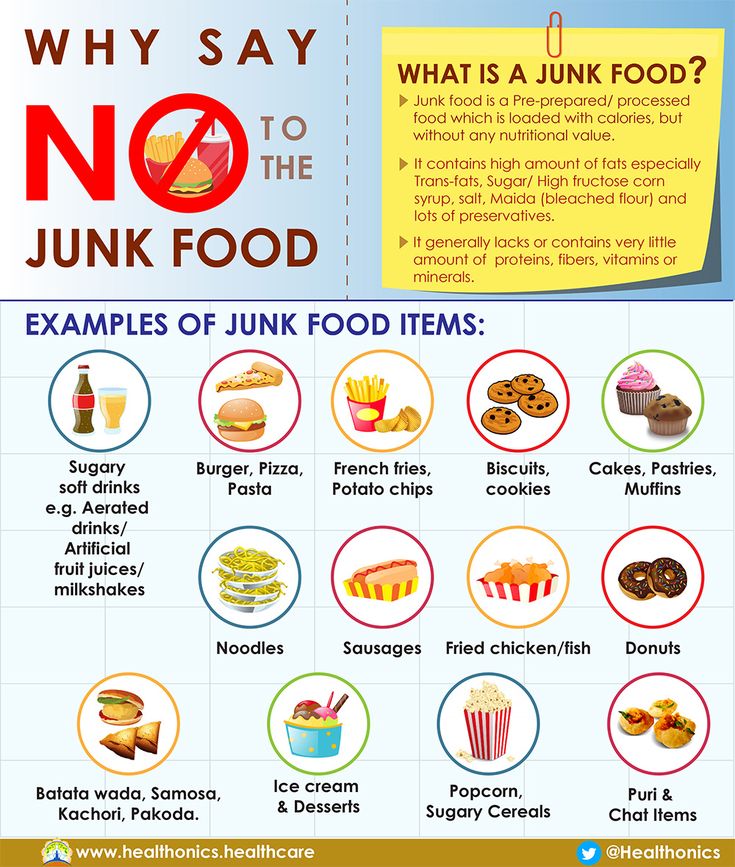 Increases the number of Lactobacillus and Bifidobacteria. nine0006
Increases the number of Lactobacillus and Bifidobacteria. nine0006
Bacteria then convert inulin into butyrate, a fatty acid responsible for the health of the intestinal mucosa. Inulin improves the absorption of magnesium and calcium, micronutrients that support bone health, nerve and muscle function. Studies show that it also lowers blood sugar levels and helps control appetite.
Photo by Siora Photography / UnsplashHowever, during the fermentation of inulin, microorganisms also release gases , which can cause bloating and cramps, especially if you have eaten too much of this fiber. nine0006
Adding too much fiber, including inulin, to your diet is likely to cause bloating and gas. Therefore, any dietary fiber should be introduced into the diet gradually, and over time, side effects in the form of bloating and gas will decrease.
According to scientific studies, the daily intake of inulin for healthy people is 10 grams .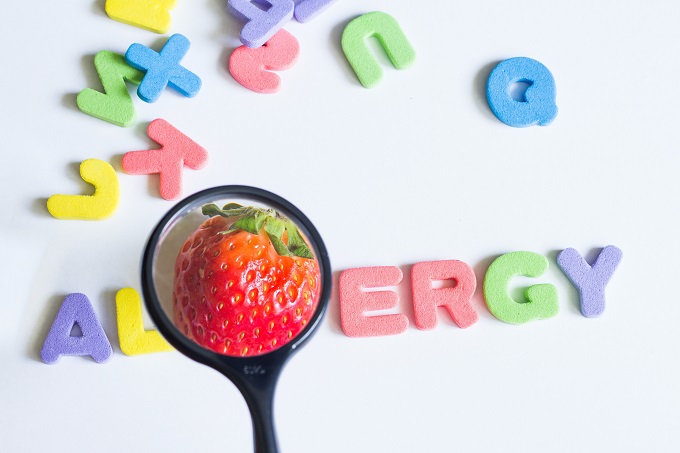
Products containing inulin:
| Product (100 gr) | Inulin content (g) |
|---|---|
| Chicory root | 35.7–47.6 |
| Garlic (dried) | 20.3–36.1 |
| Jerusalem artichoke | 16.0–20.0 |
| Garlic (raw) | 9.0–16.0 |
| Asparagus | 2.0–3.0 |
| Bow | 1.1-7.5 |
| Bananas | 0.3–0.7 |
Remember to take fiber with plenty of water to avoid constipation. Substitute sugar Polyols are sugar alcohols that are not absorbed by the human body. If you get bloated or gas from time to time, it's nothing to worry about and it's most likely related to what you've eaten. However, you should consult a doctor if you experience the following symptoms: The low potential for fiber breakdown may be one of the causes of increased bloating and gas formation when eating fiber-rich foods. The Atlas Microbiota Test will help assess the level of bacterial diversity in the gut and the ability of microorganisms to break down dietary fiber. nine0006 Our articles are written with love for evidence-based medicine, but are for informational purposes only. Bloating is a common phenomenon that is provoked by digestive problems, overeating, hormones, the accumulation of large amounts of water in the body and other reasons. But most often the products that cause gas formation are to blame. nine0006 A healthy person passes gases 12 to 25 times a day. Between 10 and 25% of generally healthy people complain of bloating from time to time. Gas is a natural by-product of digestion. It is made up of oxygen, nitrogen, carbon dioxide, hydrogen and methane. Lead to gas formation: Alla Gubina gastroenterologist, endoscopist, candidate of medical sciences, doctor of the highest qualification category, Institute of Health – An overgrowth of bacteria in the small intestine occurs when intestinal bacteria from the large intestine enter the small intestine. Food accumulated in the digestive tract leaves less room for gases to pass through, as well as for the abdominal organs and the fluid and fat circulating in it. Causes of accumulation of food in the digestive tract: About three out of four women experience bloating before and during their period. nine0006 Estrogen causes water retention in the body, so when it rises sharply and progesterone falls, the abdomen becomes distended. In addition, before menstruation, the uterus enlarges. Often complain of gas formation during hormonal fluctuations in premenopause. Hormones also affect the digestive system. Estrogen and progesterone provoke gas formation in the intestines, slowing down or accelerating motility. Estrogen receptors in the GI tract also alter visceral sensitivity, resulting in a feeling of bloat. Bloating, which occurs from time to time and is caused by digestion, hormonal factors, or both, is normal. But there may be more serious reasons: This is swallowing too much air. We all swallow it in small doses - this is normal. – Aerophagia causes bloating, gas, or belching. It is provoked by: chewing gum, carbonated drinks, swallowing food too quickly, drinking through a straw, drinking from a water fountain, smoking, explains gastroenterologist Alla Gubina . If increased gas formation is caused by malnutrition, you can get rid of it by adjusting your lifestyle. Sports, physical exercises contribute to the removal of water from the body and stimulate the intestines. If you have an office "sedentary" job, try to take a walk, especially after lunch and dinner. nine0006 Gas is commonly caused by certain foods and drinks: Also, gas formation can be caused by apple or prune juices, carbonated drinks and spicy, fried or fatty foods. There are many healthy foods on this list that should not be excluded from the diet. We are all different - someone has a stronger reaction to one product, someone to another. In addition, food sensitivities can change over time: for example, many people have trouble digesting dairy products as they age. If healthy foods (such as whole grains and vegetables) are causing you gas, cut down on the amount you eat. Then start introducing these foods into your diet, gradually increasing the dosage over several weeks to allow the digestive system to adapt to them. Common causes of increased gas formation in children are: Keeping a food and symptom log can help determine which foods in a child's diet are causing gas. Then discuss your diet with your pediatrician. nine0006 Drinking plenty of water and regular exercise will help reduce the symptoms of bloating in a child. To fix the problem, you need to establish its true cause. But the following suggestions will help alleviate the condition. What products are found in Sorbitol chewing gums, some sweets, desserts, ice cream, diabetic products Lactitol baked goods, chocolate, confectionery, desserts, chewing gum Mannitol confections, jams and jellies, puddings and powdered drink mixes, chewing gum Xylitol chewable multivitamins, lozenges, sugar-free gum and certain pharmaceutical preparations (cough syrups) 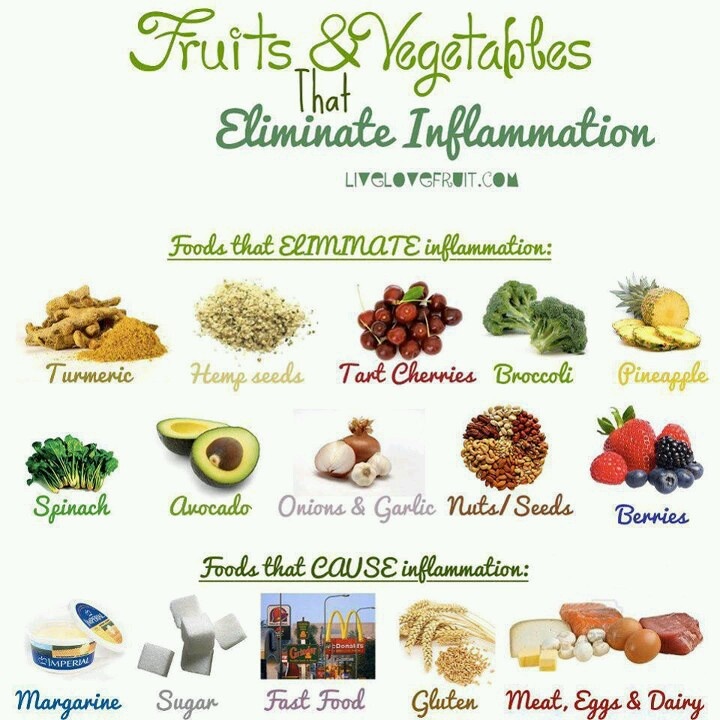 Instead, they are fermented by bacteria in the large intestine, releasing gases in the process.
Instead, they are fermented by bacteria in the large intestine, releasing gases in the process.
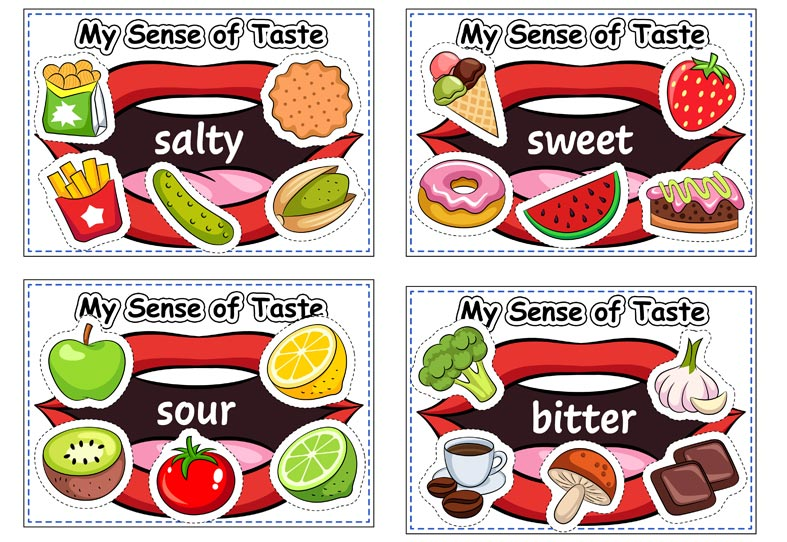 Each case is individual, so you should not replace the article with a face-to-face consultation with a doctor, as well as prescribed diagnostic procedures or treatment.
Each case is individual, so you should not replace the article with a face-to-face consultation with a doctor, as well as prescribed diagnostic procedures or treatment.
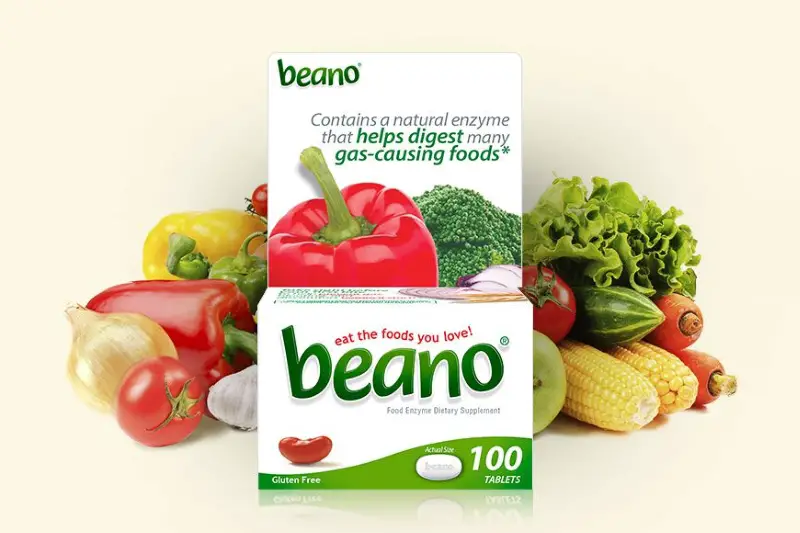 H.Traka, Advances in Botanical Research, Glucosinolates, 2016
H.Traka, Advances in Botanical Research, Glucosinolates, 2016  Salmean, Acute fiber supplementation with inulin-type fructans curbs appetite sensations: a randomized, double-blind, placebo-controlled study, 2017
Salmean, Acute fiber supplementation with inulin-type fructans curbs appetite sensations: a randomized, double-blind, placebo-controlled study, 2017 Gas producing products | Roskachestvo
 About 10% say that gas formation occurs regularly. Among those diagnosed with irritable bowel syndrome (IBS), the rate can be as high as 90%. Up to 75% of women suffer from bloating before and during menstruation.
About 10% say that gas formation occurs regularly. Among those diagnosed with irritable bowel syndrome (IBS), the rate can be as high as 90%. Up to 75% of women suffer from bloating before and during menstruation. Causes of gas formation
1. Accumulation of gas in the intestines
 Their increased amount can suppress bacteria that absorb gases, balancing the microflora (bifidobacteria, beneficial strains of E. coli, lactobacilli). nine0006
Their increased amount can suppress bacteria that absorb gases, balancing the microflora (bifidobacteria, beneficial strains of E. coli, lactobacilli). nine0006
2. Accumulation of food
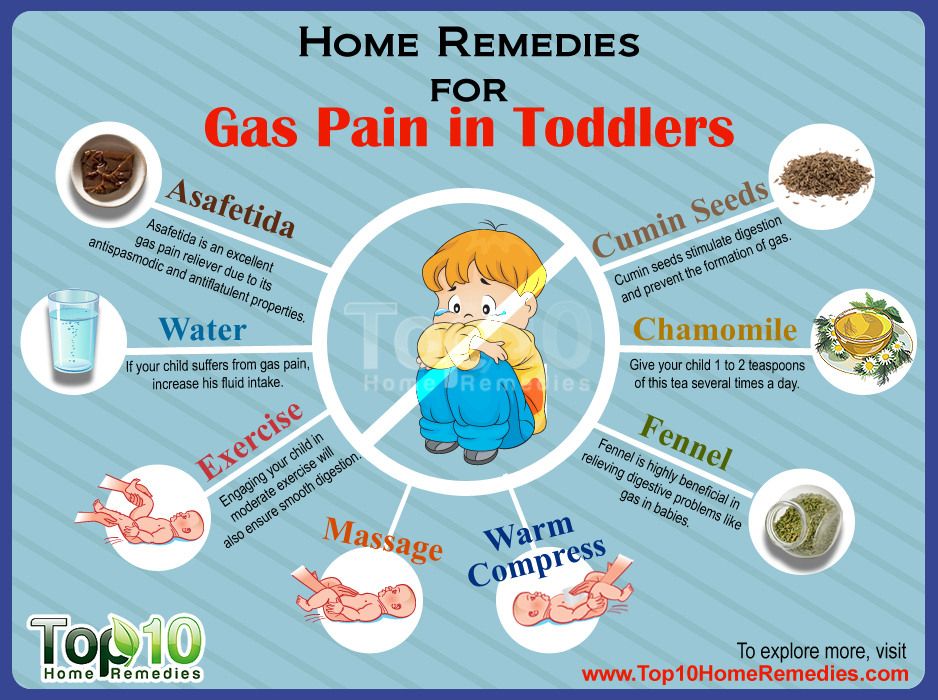 Because of this, the stomach seems dense.
Because of this, the stomach seems dense.
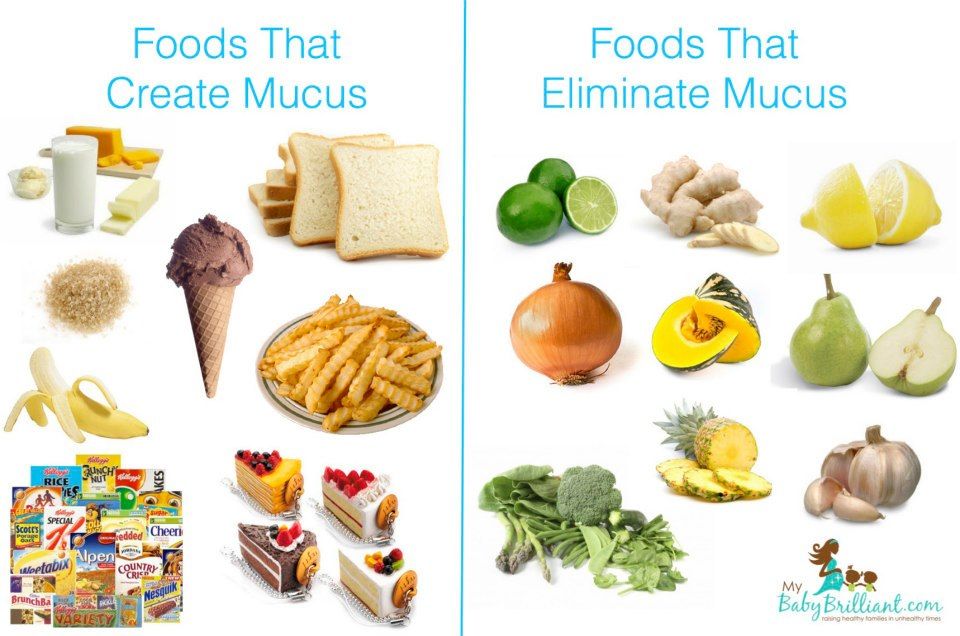 nine0023
nine0023 3. Hormones
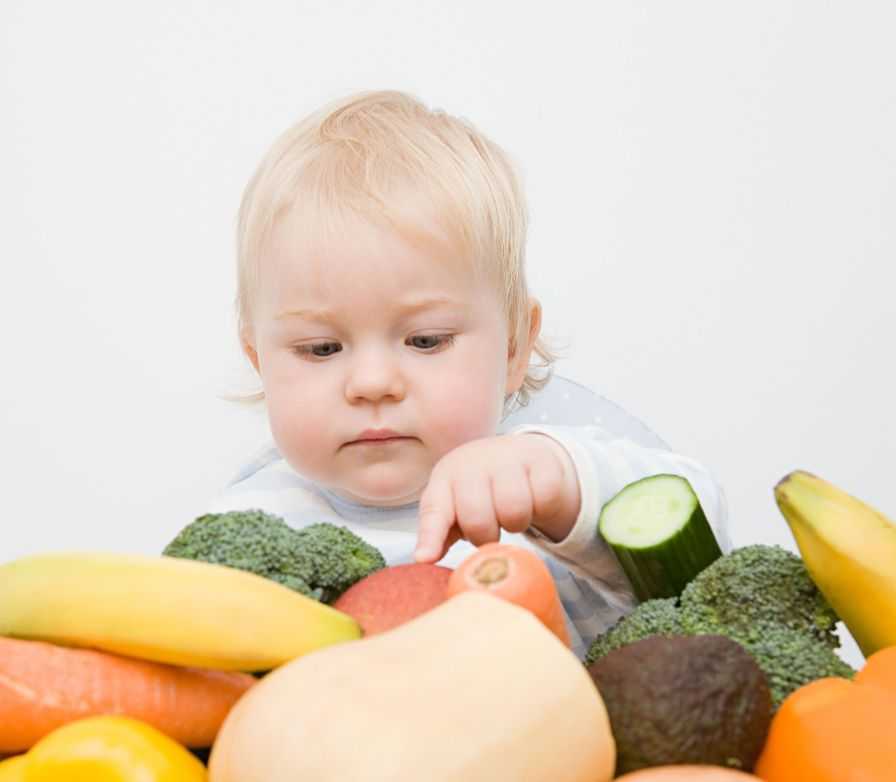 nine0006
nine0006 4. Serious causes
5. Aerophagia
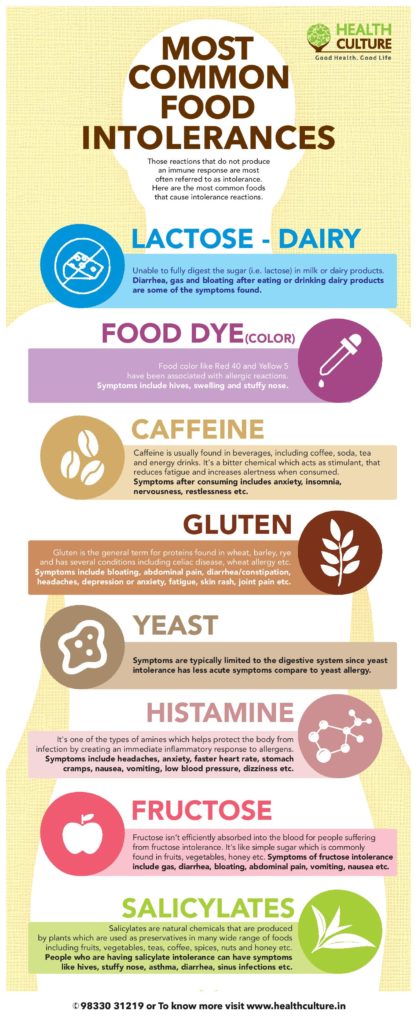 - Stress can also trigger excessive swallowing of air through the mouth, while a person may not even notice it.
- Stress can also trigger excessive swallowing of air through the mouth, while a person may not even notice it. How to prevent bloating?
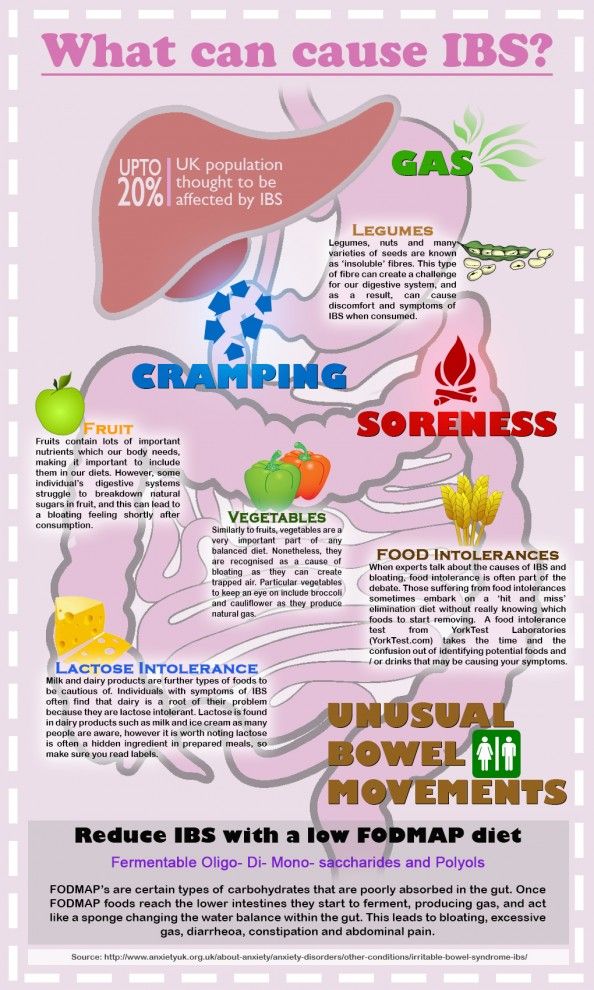 All this can lead to constipation and bloating. Such foods contain few nutrients, so you will quickly feel hungry again. nine0023
All this can lead to constipation and bloating. Such foods contain few nutrients, so you will quickly feel hungry again. nine0023
What foods cause gas?
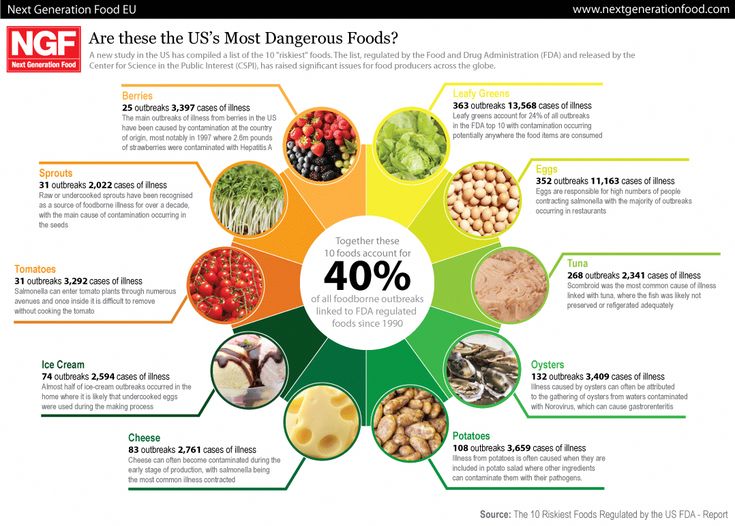 nine0023
nine0023 Don't give up, just get used to it!
 nine0006
nine0006 Foods that cause bloating in children
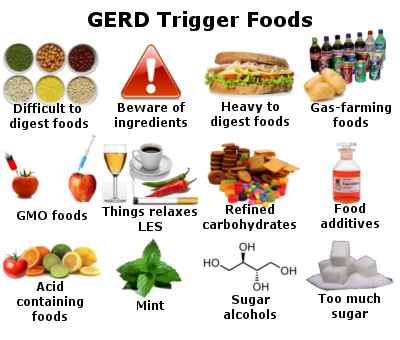
How to get rid of gas formation?



